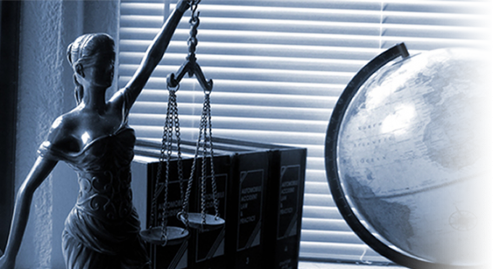
Conflict of rights and interests
International human rights law suggests a “balance of rights” approach to assess the legitimacy of state restriction to freedom of expression. The resources on this Module survey the application of this test to various areas of conflict, such as defamation and national security. Readings cover various national practices, and jurisprudence, along with academic critiques.
